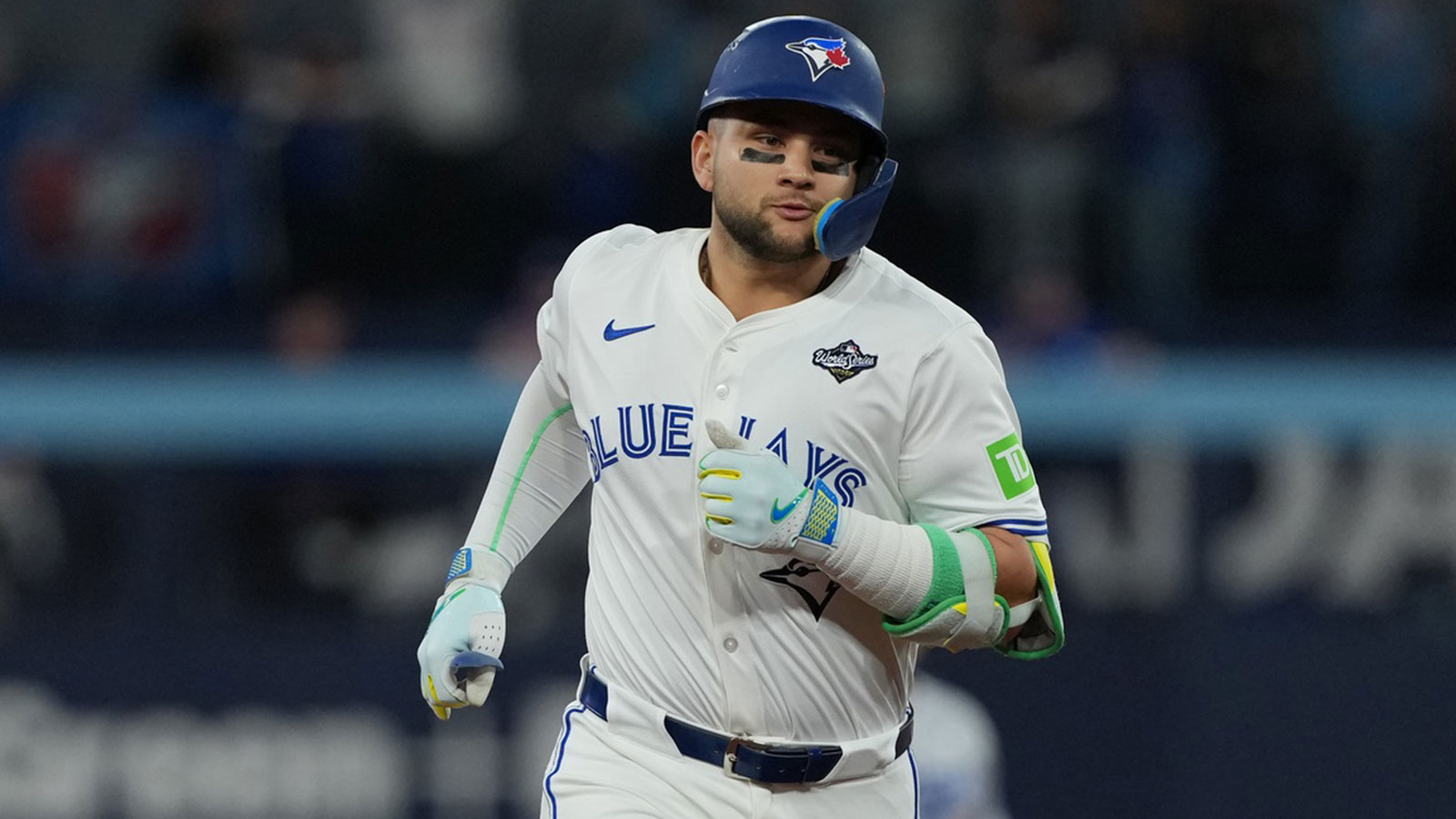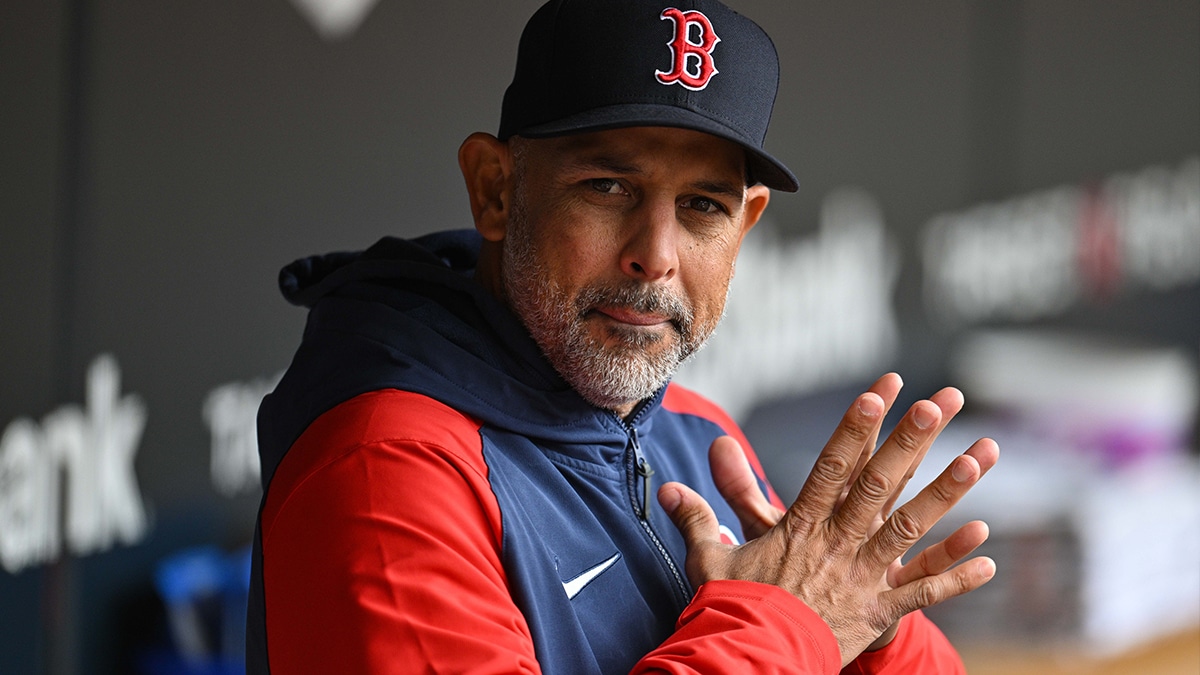The Boston Red Sox have a historic offseason opportunity brewing. With Bo Bichette on the free agency market and the franchise possessing newfound financial flexibility, the time has come for Boston to make a bold move that could redefine their competitive window for the next decade. While the Blue Jays remain the favorites to retain their homegrown star, the Red Sox cannot sit idle. Here's the blueprint for the contract that could bring an elite shortstop to Fenway Park.
The Market Reality: Understanding Bichette's Value

Bo Bichette enters free agency as one of the most coveted middle infielders available. The 27-year-old delivered a spectacular 2025 season, posting a .311 batting average with 18 home runs, 94 RBIs, and an impressive .840 OPS across 139 games. His leadership during Toronto's World Series run—including a three-run blast off Shohei Ohtani in Game 7—only elevated his stock further. Current projections place his market value between $182 million and $230 million on a seven to eight-year deal, with comparisons to Wil Adames serving as the baseline reference point. Bichette's combination of elite hitting ability, relative youth, and postseason heroics makes him a generational talent worth the investment.
The Yankees have reportedly prepared a $230 million offer, signaling their aggressive pursuit of the Blue Jays' cornerstone player. However, the Red Sox possess a significant advantage: the opportunity to provide something the Yankees cannot—a complete organizational overhaul centered around Bichette as the franchise's foundational piece moving forward. Boston's recent spending flexibility, combined with their historical commitment to big-market acquisitions, creates the perfect storm for a franchise-altering signing.
The Perfect Contract Structure: Seven Years, $224 Million
The Red Sox must present Bo Bichette with a seven-year, $224 million contract structured as follows: an average annual value (AAV) of $32 million per season with a front-loaded approach that rewards his prime years immediately. This offer sits strategically between current market projections and the Yankees' reported bid, demonstrating serious intent without overextending into unrealistic territory.
The structure should include a signing bonus of $20 million, distributed across the first two seasons, followed by annual salaries escalating from $28 million in year one to $35 million by year five. This front-loading approach protects Bichette financially while he enters his prime earning years, a critical consideration for a player who endured injury concerns in 2024. Including performance incentives worth up to $2 million annually—based on All-Star selections, Silver Slugger consideration, and postseason appearances—ties his maximum compensation to individual excellence while maintaining salary-cap flexibility for Boston.
Critically, the contract must include a full no-trade clause, a no-movement clause for the first three years, and an opt-out after year five. These provisions address Bichette's stated desire to remain competitive and maintain control of his career trajectory. For a player who has spent his entire seven-year career in Toronto, security and autonomy represent critical negotiating points. The opt-out clause, positioned after five years, allows Bichette to capitalize on potential market inflation while rewarding Boston with a genuine opportunity to lock in a franchise cornerstone for the prime of his career.
Why Boston Wins This Negotiation
The Red Sox possess several distinct advantages in pursuing Bichette beyond pure financial outlay. First, Boston offers a franchise commitment to winning. The Red Sox have demonstrated a willingness to spend aggressively on premium talent, evidenced by their historical spending patterns and recent moves in free agency. Second, Fenway Park represents one of baseball's most historic and desirable destinations. For a player who has spent his career in Toronto, the opportunity to compete in Boston carries cultural and competitive weight.
Third, the Red Sox can position Bichette alongside complementary talent. With Jarren Duran emerging as an elite prospect and the organization showing investment across multiple roster segments, Bichette becomes the centerpiece of a young, ascending team rather than a desperate salvage attempt. This positioning aligns with his competitive mentality and championship aspirations.
Finally, the Red Sox organization remains one of baseball's most storied franchises with unmatched organizational resources. Coupling a $224 million commitment with the promise of continued organizational support creates an irresistible proposition for a free agent evaluating his options.
The Boston Red Sox cannot afford to sit on the sideline while the Yankees and Blue Jays battle for Bo Bichette's services. A seven-year, $224 million offer represents the perfect intersection of financial responsibility and competitive aggression. This deal positions Boston as serious contenders while delivering Bichette the security and stability he seeks. The time for Boston to make its move has arrived. With the right contract structure and organizational commitment, Fenway Park could welcome an elite shortstop who transforms the franchise's competitive trajectory for the next decade. The question now becomes: will the Red Sox have the courage to act?




















